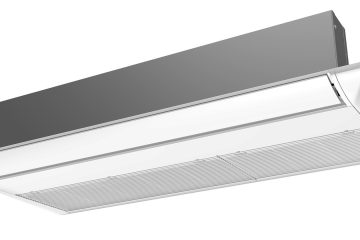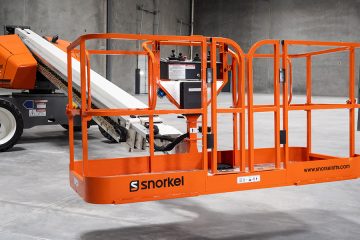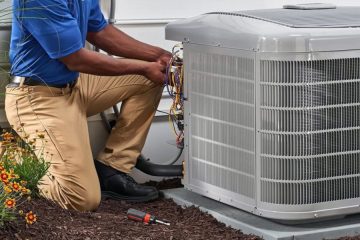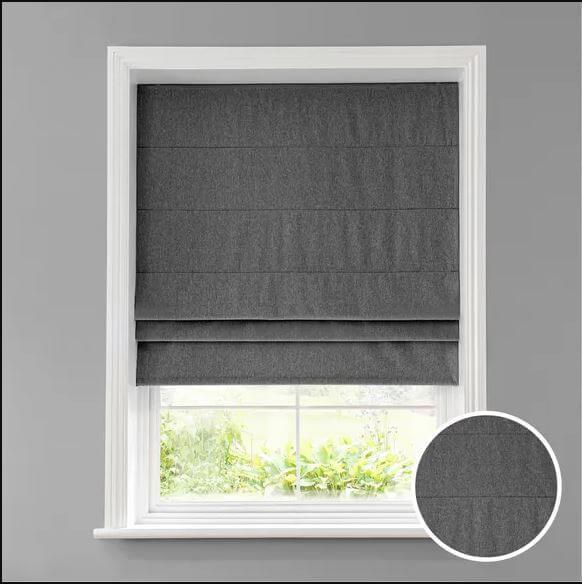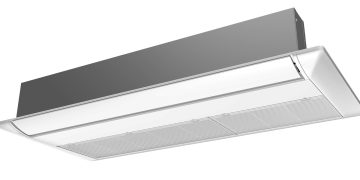Do All Commercial Doors Need Operators?

Commercial doors are essential to the daily operations of businesses, providing security, accessibility, and efficiency. From warehouses to hospitals and retail spaces, these doors handle high traffic and must perform reliably under demanding conditions. One question that often arises for business owners and facility managers is whether every commercial door needs to be fitted with an operator. The answer depends on the type of door, its usage, and the specific needs of the facility.
When Operators Are Essential
Operators are mechanical systems that automate the opening and closing of doors. For certain environments, they are not just convenient—they are essential.
- High-traffic facilities – Buildings such as airports, hospitals, and shopping centers require doors to open and close frequently. Automating this process reduces congestion and improves safety.
- Accessibility requirements – Compliance with accessibility standards often calls for automatic door systems, making operators a necessity for businesses that welcome the public.
- Heavy or oversized doors – Large industrial or commercial doors can be too heavy for manual operation. In these cases, operators ensure consistent and safe performance.
- Security concerns – Automated systems can integrate with access control, allowing only authorized personnel to enter restricted areas.
In these scenarios, operators are indispensable for smooth operations and compliance with safety and accessibility regulations.
When Operators May Be Optional
Not every commercial door needs to be automated. In facilities with low foot traffic or areas where doors are rarely used, manual operation may be sufficient. For example, storage rooms or maintenance areas might not require the investment of installing an operator.
That said, even in these situations, some businesses choose operators to enhance convenience or future-proof their facilities. The decision ultimately depends on balancing cost with operational needs.
Benefits of Using Operators
Even when not strictly necessary, operators provide significant advantages:
- Improved efficiency – Employees and visitors move more quickly through automated entrances.
- Enhanced safety – Safety sensors prevent accidents during door operation.
- Durability – Consistent operation reduces wear and tear compared to manual handling.
- Professional image – Automatic doors create a modern, welcoming impression for customers.
These benefits often justify the investment, especially for businesses that prioritize customer experience and operational efficiency.
Balancing Cost and Value
Operators require an upfront investment, but the long-term savings in maintenance, energy efficiency, and productivity often outweigh the costs. For example, automatic closing mechanisms help maintain climate control, reducing heating and cooling expenses. Additionally, reducing the strain of manual operation can extend the life of the doors themselves.
Real-World Applications
Consider a hospital where staff regularly push stretchers and equipment through doors. Automatic operators improve safety and efficiency by ensuring smooth, hands-free operation. In contrast, a small office with limited traffic may not need automation for every interior door, but might still benefit from automating the main entrance for accessibility compliance.
A Reliable Option
For businesses considering automation, electric operators for commercial doors offer durability, safety, and convenience. With professional installation and integration options, they provide businesses with a dependable solution tailored to their specific needs.
Final Thoughts
Not all commercial doors require operators, but for many businesses, the advantages of automation make them a worthwhile investment. Whether for safety, accessibility, or efficiency, operators enhance the performance of commercial doors and support smoother day-to-day operations. By carefully evaluating usage and requirements, business owners can decide where operators add the most value, ensuring both practicality and long-term reliability.

